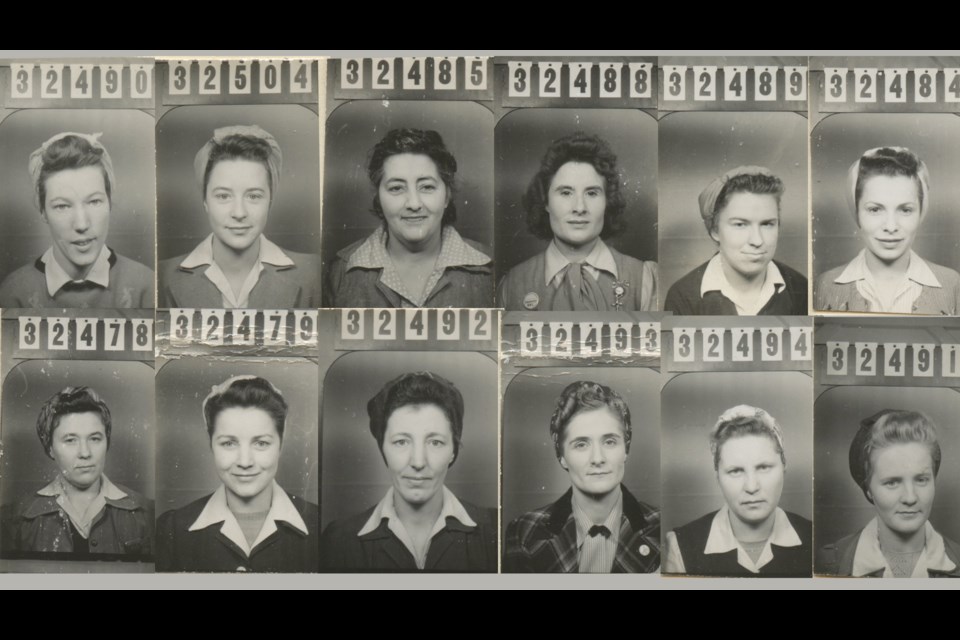THUNDER BAY — As the National Film Board describes them, "they raised children, baked cakes...and built world-class fighter planes."
That's part of the NFB's synopsis of its 1999 film Rosies of the North, which highlighted the crucial role played by thousands of female workers at Thunder Bay's Canadian Car and Foundry plant in World War II.
Local filmmaker Kelly Saxberg directed it.
Now Saxberg is part of a group working on a project that will incorporate the material she gathered for the film, and a large number of other documents, on an interactive oral history website.
She feels it's important to keep recognizing the contributions of local women in the defense industry.
"Almost everyone in Thunder Bay has someone that they know, or a relative, who worked at Can-Car, especially women, because they were half of the workforce. We also had Elsie McGill who was the chief aeronautical engineer," Saxberg said.
Lakehead University's history department announced Monday that she and two other faculty members – Ron Harpelle and Nathan Hatton – have received a $20,000 grant from the Thunder Bay Community Foundation to build the website.
Besides the interviews and documents obtained for Rosies of the North, it will utilize a large collection of historical documents recently received from Bombardier Transportation.
Saxberg said "We're going to publish all our original interviews with the women [who worked at Can Car]. Sadly, they're all gone now."
The interviews have already been transcribed.
The Friends of the Finnish Labour Temple, which is supporting the project along with the Northwestern Ontario Aviation Heritage Centre, acquired Bombardier's Can Car records.
"In there are all the various time cards and photographs, documents and everything from that era. It's a real treasure trove," Saxberg said.
Other collaborators include the Lakehead Social History Institute and the Thunder Bay Museum.
There's also a role for members of the public.
Saxberg said "People will be able to share their stories of their grandmothers who worked at the factory during the second world war. We'll just try to collate all that information, so people can celebrate the accomplishments of those women and what they contributed to the community."
She noted that she interviewed over 100 women for her 1999 film project, "and it was often families that came forward to tell about their mother or grandmother. We're hoping the same thing will occur again, via social media and through our website."
Lakehead University students will help with outreach to the community as well.

.png;w=120;h=112;mode=crop)

